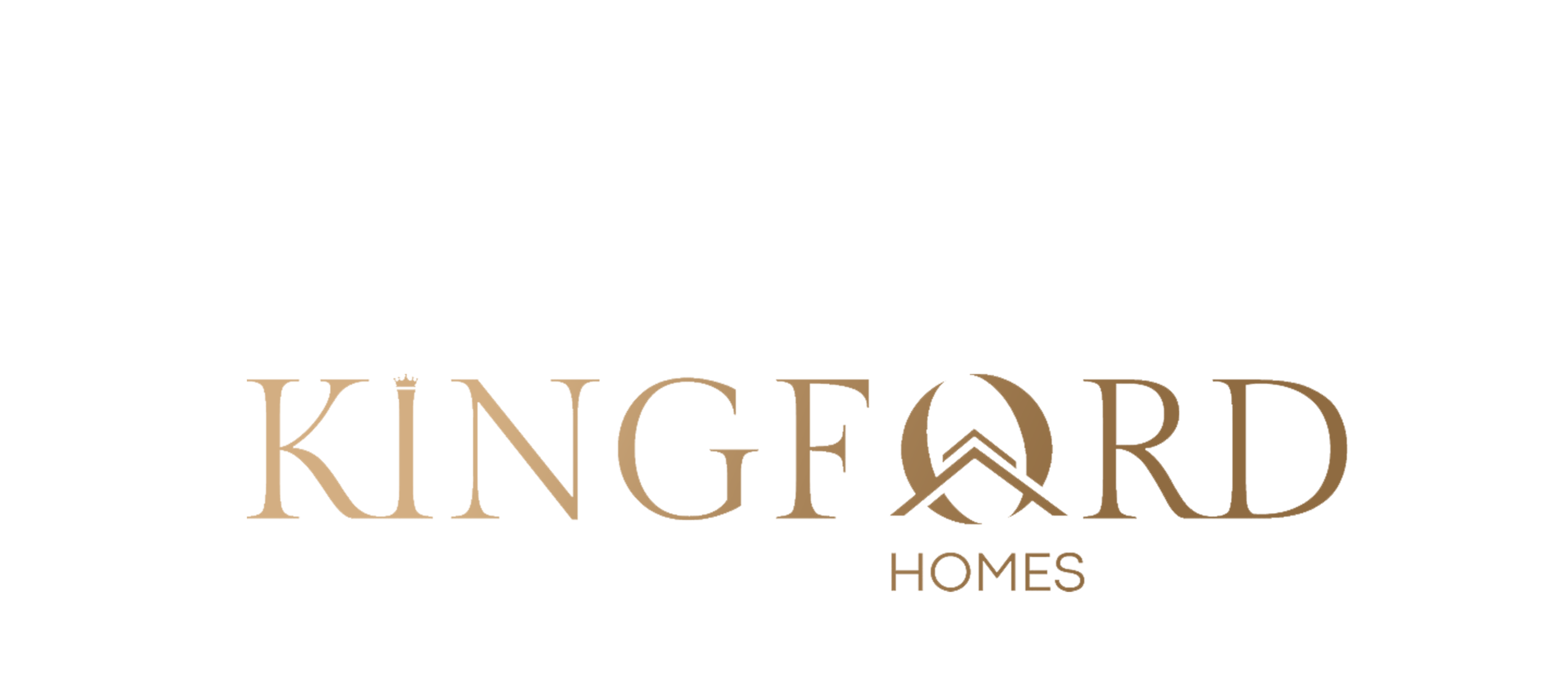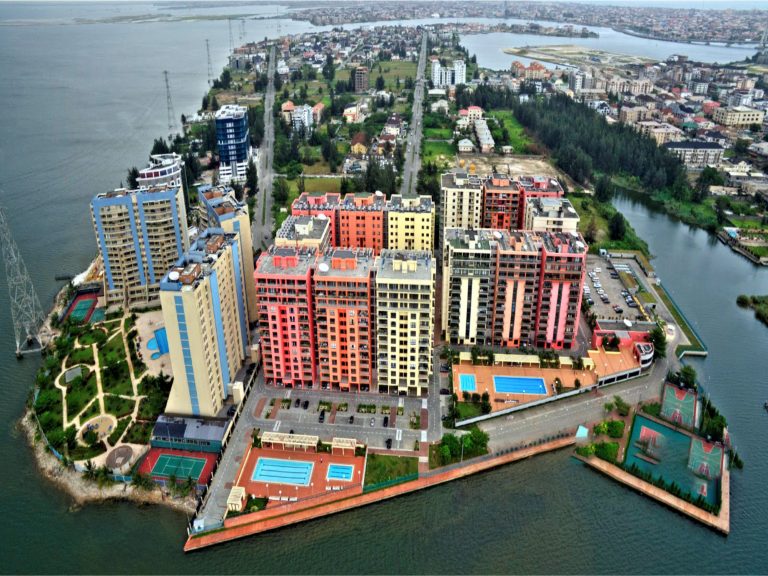Introduction
When it comes to Lagos luxury real estate, Ikoyi and Banana Island always top the list. Both offer exclusivity, prestige, and strong investment returns. But in 2025, the question is shifting from “which is more expensive?” to “which gives better value?”
For buyers, investors, and Nigerians in the diaspora, understanding this difference matters. In this guide, we’ll compare Ikoyi vs Banana Island by price per square metre, developer reputation, lifestyle, and land appreciation to help you decide where your money works harder.
Price per Square Metre and Market Trends
In Lagos real estate, price tells you more than cost. It reflects demand, scarcity, and long-term confidence in an area. Ikoyi and Banana Island sit side by side, yet their market behaviour is slightly different.
Banana Island Prices (2025)
Banana Island has earned its spot as Nigeria’s most exclusive neighbourhood. Every plot here feels limited, and that scarcity drives the numbers. As of 2025, land averages around ₦3 million per square metre, with fully built homes ranging between ₦350 million and ₦1.5 billion, depending on size and waterfront access. It’s not just the finishing you pay for, it’s the address itself.
The island attracts ultra-high-net-worth buyers who want privacy, security, and brand prestige. Because there’s very little undeveloped land left, new listings tend to sell quickly even at premium prices.
Ikoyi Prices (2025)
Ikoyi, though just a bridge away, offers more flexibility. Prices vary depending on the street, title, and type of property. In Old Ikoyi, Osborne, and Bourdillon, prime plots now sit around ₦2.5 million to ₦3.2 million per square metre. Finished luxury apartments and townhouses typically start from ₦750 million, but there’s a wider range of entry points than on Banana Island.
What Ikoyi has that Banana Island doesn’t is scale. You’ll find everything from new luxury towers to private duplexes tucked into quiet streets. That mix keeps the market active and allows investors to enter at different levels.
Value Comparison
If you compare both strictly on price, Banana Island sits higher. But value isn’t just about what you pay—it’s about what you get for it. Ikoyi offers similar luxury with more choice and often better liquidity. For investors looking at return potential rather than status alone, Ikoyi’s price-to-value ratio often wins.
Still, Banana Island remains the trophy address. For those who buy to hold or simply want the best of the best, its exclusivity will always justify the premium.
Developer Reputation, Amenities, and Lifestyle
Buying in Lagos isn’t just about location. It’s about who built it, how it feels to live there, and what kind of experience the neighbourhood gives you. That’s where the real difference between Ikoyi and Banana Island starts to show.
Developer Reputation
On Banana Island, most projects come from boutique developers who specialise in ultra-luxury builds. Think marble floors, imported fittings, private elevators, and waterfront designs. Many developers here already have completed projects in the area, which adds a layer of confidence for buyers spending at that level. The brand of the developer often carries as much weight as the property itself.
Ikoyi, on the other hand, is home to a broader range of developers. Established names like Foreshore Waters, Kaizen, and Grenadines Homes are active here, along with newer premium builders raising the standard for design and finish. Because there’s more competition, quality can vary—but that also means you can find exceptional properties at slightly better value. For most investors, Ikoyi offers more flexibility without losing the high-end feel.
Amenities and Lifestyle
Banana Island is built for privacy and control. The entire island is gated, security is tight, and infrastructure is well-planned. Streets are wide and quiet. Most homes come with full automation systems, infinity pools, gyms, and private docks. It’s where Lagos’s top executives, diplomats, and entrepreneurs choose to live away from the noise.
Ikoyi has a different rhythm. It’s more open, more vibrant, and connects easily to the rest of the city. The neighbourhood has some of the best social spots in Lagos, the Ikoyi Club, the Polo Club, the Golf Club, and high-end restaurants along Awolowo Road. Many estates and towers in Ikoyi now match Banana Island’s quality, offering gyms, rooftop lounges, and concierge services within mixed-use buildings.
Local Context for Buyers
For Nigerian buyers, Ikoyi represents opportunity. You can live or invest there without tying up as much capital as Banana Island requires. For diaspora Nigerians, Banana Island often feels safer, cleaner, and more predictable. Both areas deliver prestige, but the kind of prestige differs: Banana Island feels like private wealth; Ikoyi feels like active success.
Land Appreciation and Investment Potential
Lagos real estate has always rewarded those who buy early and hold. But when it comes to growth and long-term value, Ikoyi and Banana Island play slightly different games. Both have proven track records, yet their appreciation patterns and investment strengths appeal to different kinds of buyers.
Historical Growth and 2025 Outlook
Over the past decade, Banana Island has moved from luxury to ultra-luxury. In 2015, land averaged about ₦1.2 million per square metre. By 2025, that figure has more than doubled, with plots now selling around ₦3 million per square metre. Despite the high entry cost, demand hasn’t slowed. Most plots are privately owned, and resale listings are rare, which keeps prices stable even during market dips.
Ikoyi, meanwhile, has shown consistent and sometimes faster appreciation in certain pockets. Streets like Bourdillon, Osborne, and Queens Drive have seen double-digit growth driven by new developments and strong rental demand. Ikoyi’s market is more dynamic, new towers, smarter designs, and improved infrastructure continue to lift values. For investors focused on capital growth, Ikoyi’s active development pipeline makes it especially attractive.
Factors Driving Growth
Banana Island benefits from scarcity and prestige. Its controlled environment and limited access make it almost immune to oversupply. The profile of its buyers also protects long-term value—they’re not speculators; they’re homeowners and long-term investors.
Ikoyi, by contrast, grows because of flexibility. It connects directly to Victoria Island and Lekki, making it perfect for professionals who want proximity to business districts. The area is seeing more mixed-use projects, luxury rentals, and serviced apartments, all driving steady demand. That steady movement keeps liquidity strong, meaning it’s easier to buy and sell compared to Banana Island.
Investment Strategy Advice
If your goal is capital preservation, Banana Island is ideal. It’s the blue-chip of Lagos real estate—safe, slow-moving, but incredibly stable. Perfect for buyers who care more about legacy than quick returns.
If you’re after growth and yield, Ikoyi is more flexible. Its diversity in property types gives room to profit from rentals, flips, or joint ventures. The key is buying from a credible developer with proper title documentation.
Both areas have proven themselves through years of market cycles. The difference is not which one is “better,” but which one fits your purpose.
Frequently Asked Questions
1. What is the average price per square metre in Banana Island in 2025?
As of 2025, land in Banana Island sells for about ₦3 million per square metre. Waterfront plots and larger corner properties can go higher. Fully built homes start around ₦350 million and climb into the billions depending on size, finish, and view.
2. How much does land or property cost in Ikoyi in 2025?
In Ikoyi, prices range between ₦2.5 million and ₦3.2 million per square metre, depending on the street. Old Ikoyi, Osborne Foreshore, and Bourdillon Road remain the most expensive. Luxury apartments start from ₦500 million, but you can still find smaller, well-finished units for less.
3. Which area offers better investment returns, Ikoyi or Banana Island?
Ikoyi generally offers stronger return on investment (ROI) because there’s more market activity and price movement. Banana Island tends to hold its value longer due to limited supply, making it more stable but less flexible for short-term gains.
4. Is Banana Island safer than Ikoyi?
Both are secure, but Banana Island has tighter access control since it’s fully gated and privately managed. Ikoyi has excellent private security within estates and developments, but its open structure means it feels more like a city neighbourhood than a secluded enclave.
5. Which area suits diaspora buyers better?
For Nigerians living abroad who value exclusivity and ease of maintenance, Banana Island may feel more straightforward. It’s quieter, cleaner, and often managed by estate associations. Ikoyi appeals to diaspora buyers who prefer a balance of luxury and activity, with stronger potential for rentals and resale.
6. Which location has higher rental yield?
Rental yields are stronger in Ikoyi because of its wider property mix and active tenant demand from expatriates and executives. Banana Island rents are higher in value but lower in percentage yield due to the very high purchase price.
7. Can I buy property in these areas through a developer?
Yes. Both Ikoyi and Banana Island have reputable developers with completed and off-plan projects. Always confirm the developer’s track record, verify title documents, and work with a trusted real estate partner like Kingford Homes to reduce risk.
8. Will Ikoyi or Banana Island appreciate more over the next five years?
Analysts expect both to appreciate, but for different reasons. Banana Island’s growth will come from scarcity and prestige, while Ikoyi’s will come from redevelopment, new high-rises, and strong rental demand. Investors seeking capital gains may find more opportunity in Ikoyi.
Conclusion
Ikoyi and Banana Island will always define luxury living in Lagos, but they serve different goals. Banana Island is for those who want privacy, order, and prestige above all else. Ikoyi is for investors and homeowners who want movement, growth, and more flexibility in returns.
In 2025, Ikoyi offers better overall value for buyers looking at appreciation potential and rental demand, while Banana Island remains unmatched in exclusivity and security. The right choice depends on your lifestyle and long-term goals.
To explore verified listings or get expert guidance on high-value properties in these locations, contact Kingford Homes


